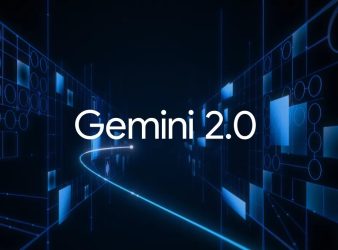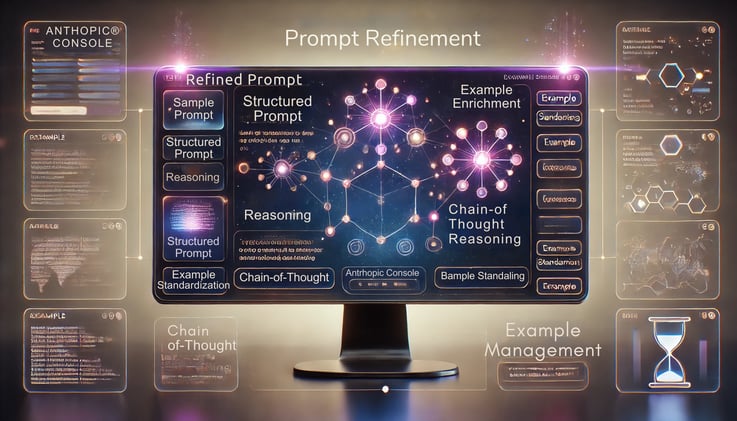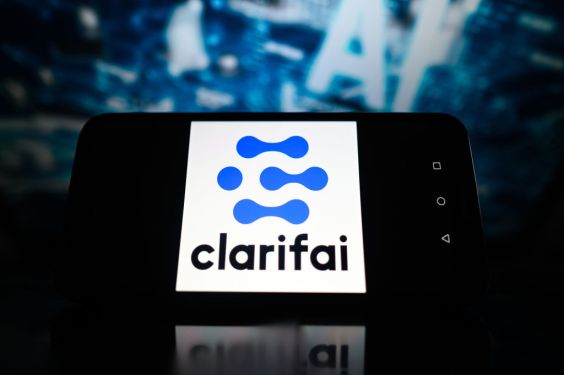By Ryan Daws | December 11, 2024
Categories: Applications, Artificial Intelligence, Companies, Development, Google, Machine Learning, Virtual Assistants,
Ryan Daws is a senior editor at TechForge Media with over a decade of experience in crafting compelling narratives and making complex topics accessible. His articles and interviews with industry leaders have earned him recognition as a key influencer by organisations like Onalytica. Under his leadership, publications have been praised by analyst firms such as Forrester for their excellence and performance. Connect with him on X (@gadget_ry), Bluesky (@gadgetry.bsky.social), and/or Mastodon (@gadgetry@techhub.social)
The Agentic AI Era: A New Frontier
Google CEO Sundar Pichai has announced the launch of Gemini 2.0, a model that represents the next step in Google’s ambition to revolutionise AI. This major upgrade incorporates enhanced multimodal capabilities, agentic functionality, and innovative user tools designed to push boundaries in AI-driven technology.
Leap Towards Transformational AI
Reflecting on Google’s 26-year mission to organise and make the world’s information accessible, Pichai remarked, ‘If Gemini 1.0 was about organising and understanding information, Gemini 2.0 is about making it much more useful.’
Gemini 1.0, released in December 2022, was notable for being Google’s first natively multimodal AI model. The first iteration excelled at understanding and processing text, video, images, and audio. It has been used in various applications, including virtual assistants, language translation, and image recognition.
Gemini 2.0: What’s New?
Gemini 2.0 builds upon the successes of its predecessor, introducing several key enhancements:
- Agentic Functionality: Gemini 2.0 can reason and act like a human, making decisions based on context and user input.
- Multimodal Capabilities: The model now supports processing of multiple modalities, including text, images, audio, and video.
- Innovative User Tools: Gemini 2.0 comes with new tools designed to simplify AI development, such as an intuitive interface for building custom applications.
Project Astra: Redefining Virtual Assistants
Project Astra is an experimental assistant built on top of Gemini 2.0. This AI companion can interpret user instructions, remember conversations, and integrate with various Google services like Search, Lens, and Maps. Initial tests have demonstrated near-human conversational latency, paving the way for applications in wearable technology.
Project Mariner: Redefining Web Automation
Project Mariner is an experimental web-browsing assistant that leverages Gemini 2.0’s ability to reason across text, images, and interactive elements like forms within a browser. In initial tests, it achieved an 83.5% success rate on the WebVoyager benchmark for completing end-to-end web tasks.
Jules: A Coding Agent for Developers
Jules is an AI-powered assistant built specifically for developers. It integrates directly into GitHub workflows to address coding challenges, proposing solutions, generating plans, and executing code-based tasks under human supervision.
Gaming Applications and Beyond
Google DeepMind is working with gaming partners like Supercell on intelligent game agents that can interpret game actions in real-time, suggest strategies, and access broader knowledge via Search. Research is also being conducted into how Gemini 2.0’s spatial reasoning could support robotics, opening doors for physical-world applications.
Addressing Responsibility in AI Development
As AI capabilities expand, Google emphasises the importance of prioritising safety and ethical considerations. Gemini 2.0 underwent extensive risk assessments, bolstered by the Responsibility and Safety Committee’s oversight to mitigate potential risks.
Safeguards for User Privacy and Security
Google is also exploring safeguards to address user privacy, prevent misuse, and ensure AI agents remain reliable:
- Project Mariner: Designed to prioritise user instructions while resisting malicious prompt injections.
- Project Astra: Includes privacy controls that make it easy for users to manage session data and deletion preferences.
Conclusion
With the Gemini 2.0 Flash release, Google is edging closer to its vision of building a universal assistant capable of transforming interactions across domains. As AI continues to evolve, responsible development will remain essential to ensure these technologies benefit society as a whole.
See Also:
- Machine Unlearning: Researchers Make AI Models ‘Forget’ Data
Want to learn more about AI and big data from industry leaders? Check out the upcoming events:
- AI & Big Data Expo
- Intelligent Automation Conference
- BlockX
- Digital Transformation Week
- Cyber Security & Cloud Expo
Explore other upcoming enterprise technology events and webinars powered by TechForge here.
Tags:
agentic ai,ai,artificial intelligence,development,gemini,gemini 2.0,gemini 2.0m,Google,models




